Indigenous Governance Database
Cultural Affairs
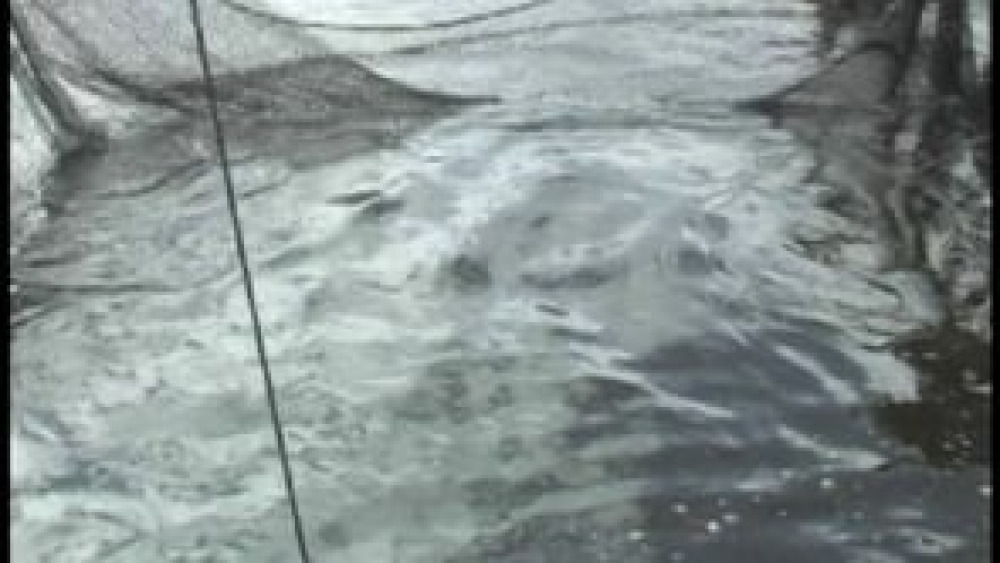
Maamakaadenbaagwad (it is amazing): The Miracle of the Walleye
This video, produced by the Red Lake Department of Natural Resources and the youth at Project Preserve, explains the history and progress of the Red Lake Walleye recovery program.
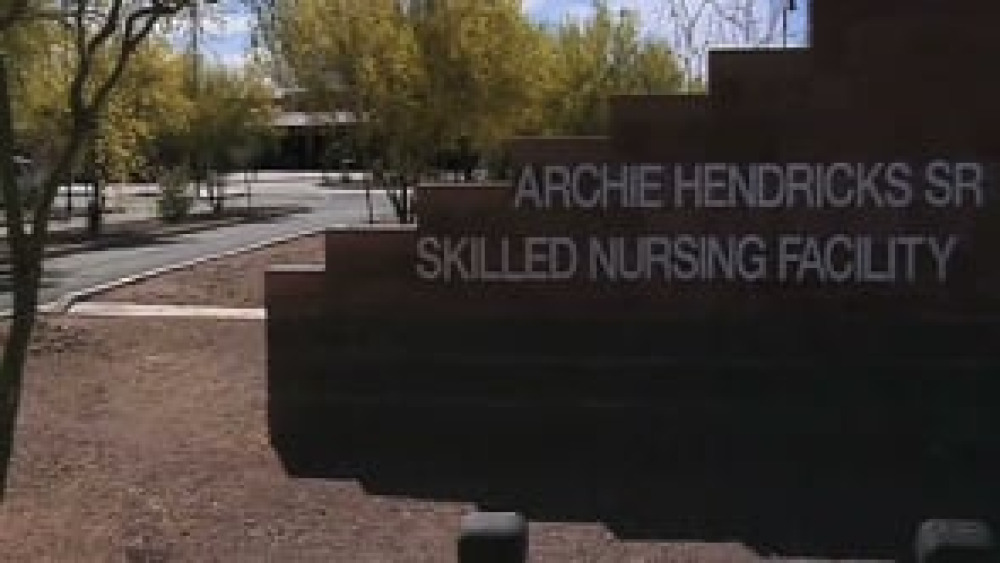
Tohono O'odham Nursing Care Authority - Our Story
This video -- produced by the Tohono O'odham Nursing Care Authority using its monetary award from the Harvard Project on American Indian Economic Development's Honoring Nations awards program -- explains the history and development of the Archie Hendricks, Sr. Skilled Nursing Facility and the…
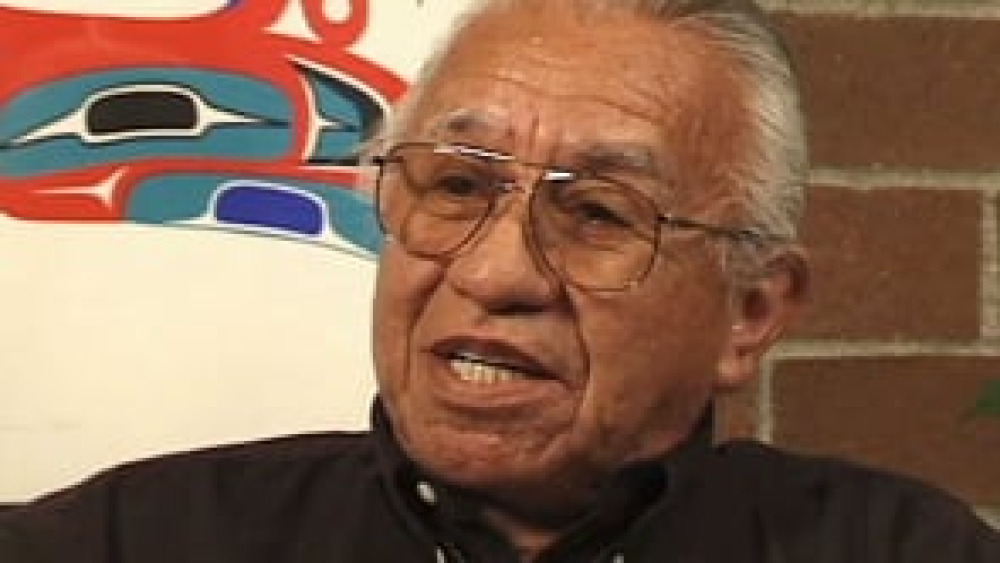
Great Tribal Leaders of Modern Times: Billy Frank, Jr.
Produced by the Institute for Tribal Government at Portland State University in 2004, the "Great Tribal Leaders of Modern Times" interview series presents the oral histories of contemporary tribal leaders who have been active in the struggle for tribal sovereignty, self-determination, and treaty…
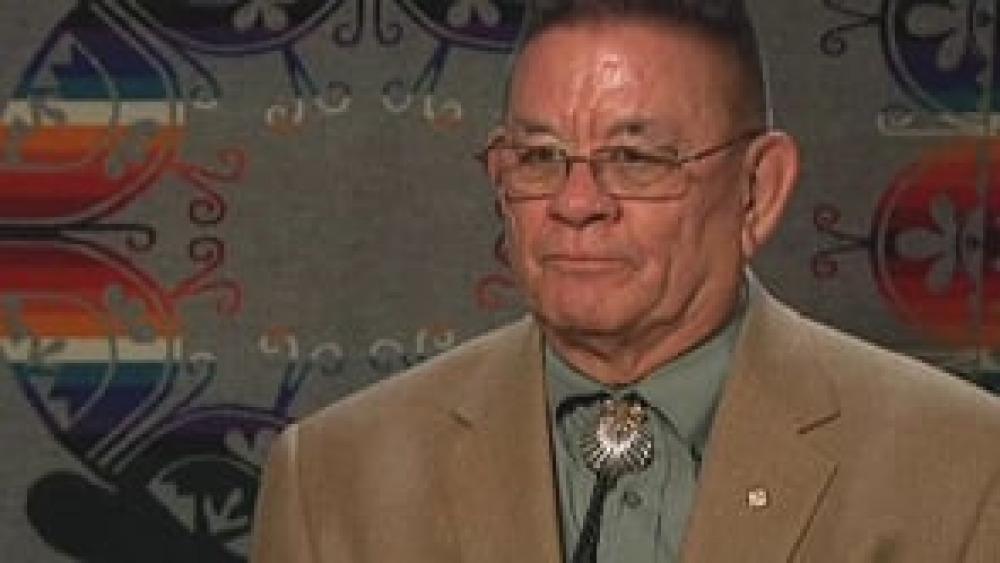
From the Rebuilding Native Nations Course Series: "What Strong, Independent and Legitimate Justice Systems Require"
Native leaders and scholars discuss what Native nations need to do to create strong, independent and culturally legimate justice systems.
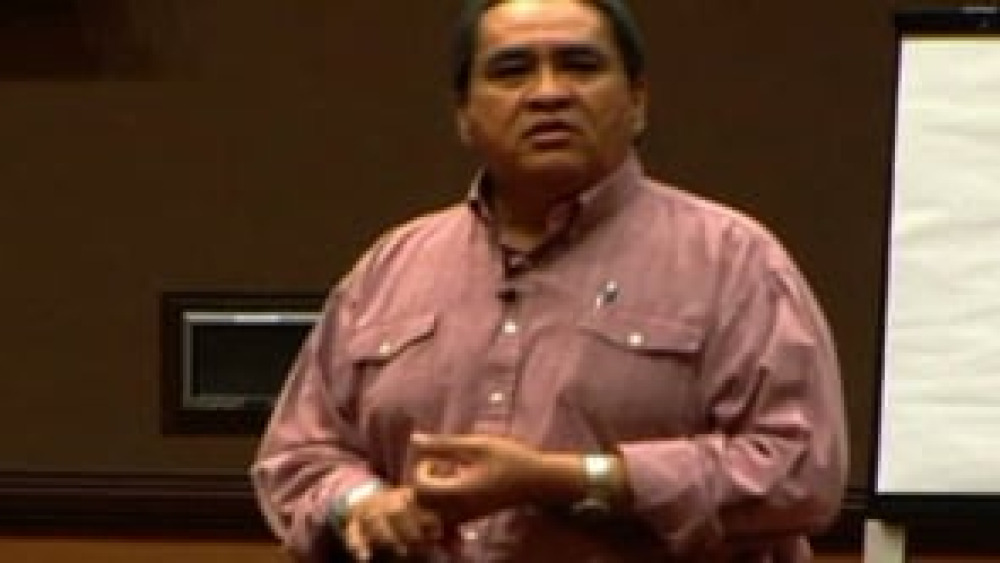
From the Rebuilding Native Nations Course Series: "The Importance of Cultural Match"
Dr. Manley Begay provides an overview of cultural match, which the Native Nations Institute and the Harvard Project have identified as one of the five keys to successful Native nation building.
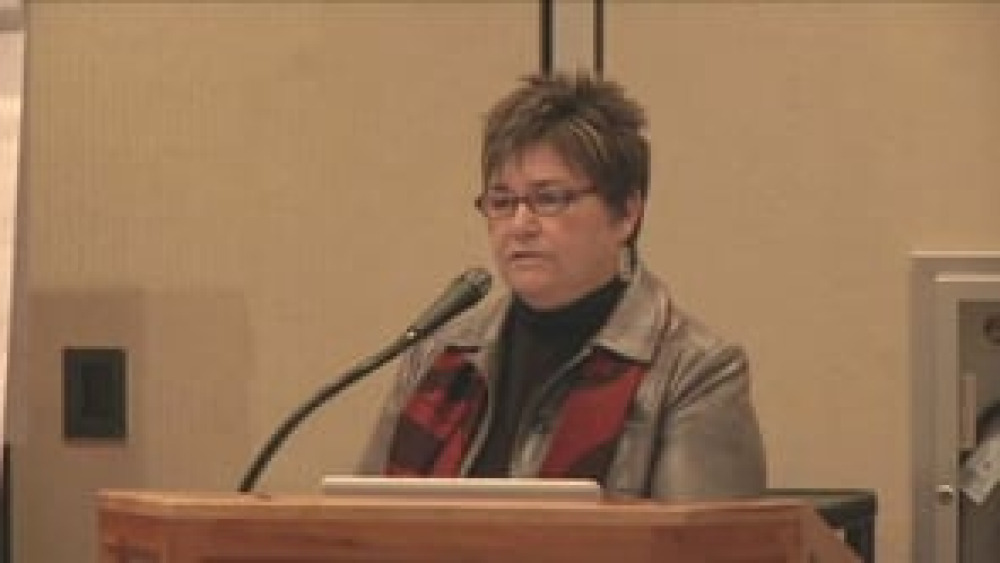
Hepsi Barnett: How Did We Go About Remaking Our Constitution?
Former staff member Hepsi Barnett of the Osage Government Reform Commission discusses the process by which the Osage Nation approached the task of developing a new constitution and system of government, and also provides the complex history that necessitated their creation. This video…
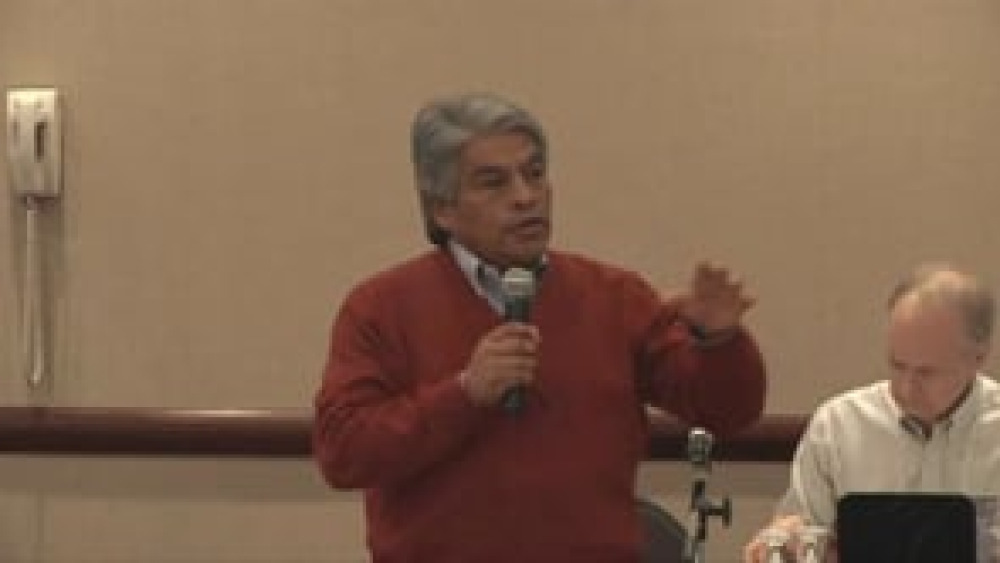
Regis Pecos: The Role of Core Values in Cochiti Governance and Renewal
In this excerpted video, former Cochiti Governor Regis Pecos provides an overview of the core values that are integral to Cochiti's culture and way of life, and shows how his people relied on the application of those core values to overcome a catastrophe and rebuild its nation and community. This…
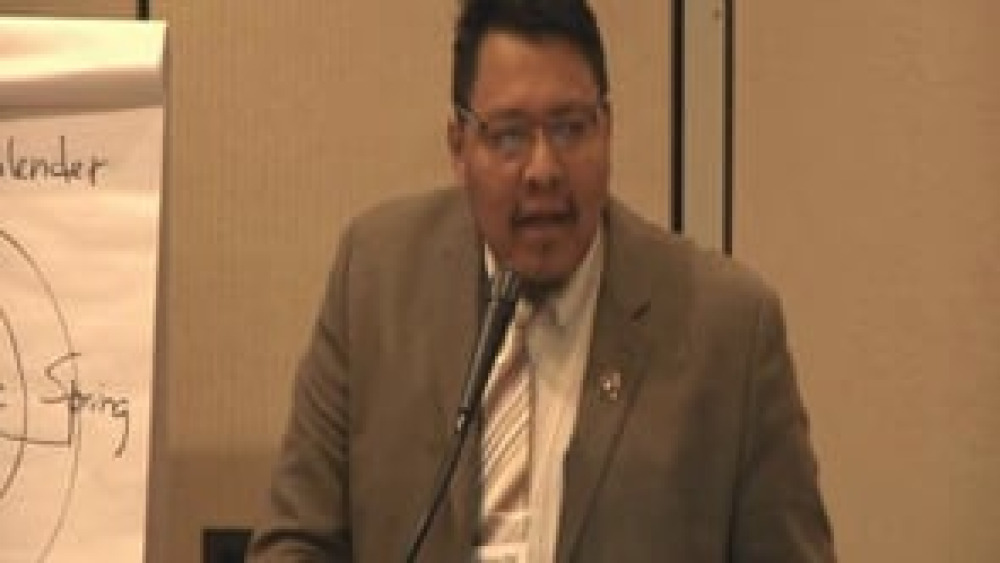
Darrin Old Coyote: Reforming the Apsaalooke (Crow) Nation's Governing System: What Did We Do and Why Did We Do It?
Vice Secretary Darrin Old Coyote of the Crow Tribe's Executive Branch provides a brief history of the Crow Tribe's governance system, and explains the factors that prompted the Tribe to abandon its governance system in 2001 and replace it with a new constitution and system of government…
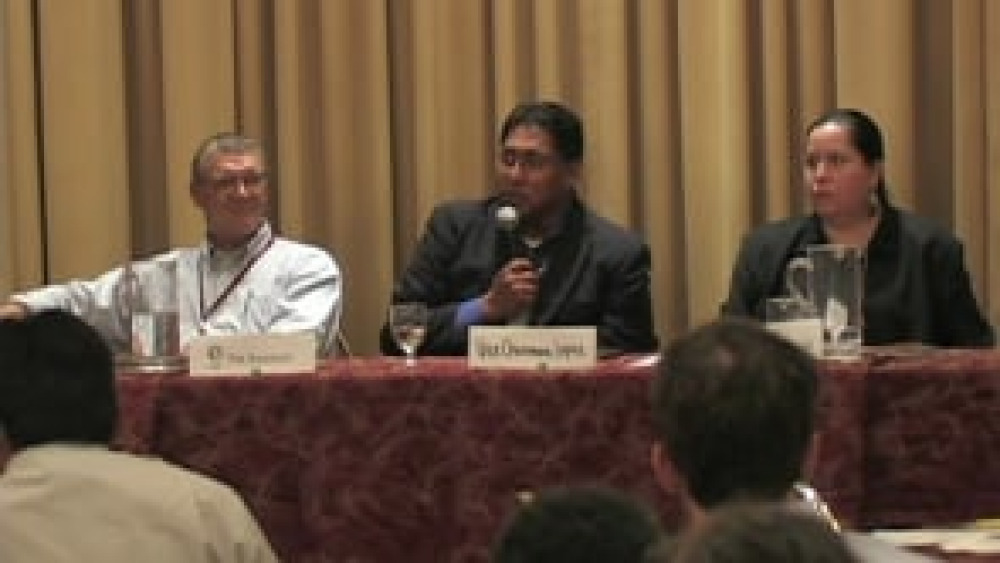
Honoring Nations: Gabriel Lopez and Shannon Martin: Government-to-Government Relations (Q&A)
Gabriel Lopez and Shannon Martin field questions from the audience about their nations' Honoring Nations award-winning programs.
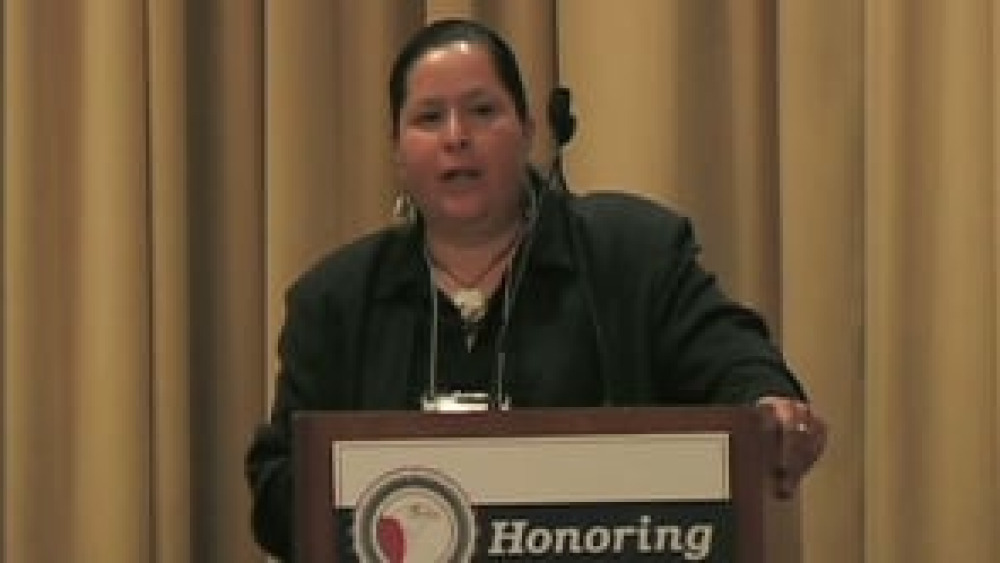
Honoring Nations: Shannon Martin: Ziibiwing Center of Anishinabe Culture and Lifeways
Ziibiwing Center of Anishinabe Culture & Lifeways Director Shannon Martin presents a history of the Ziibiwing Center and discusses the work it has been engaged in since it won an Honoring Nations award in 2006.
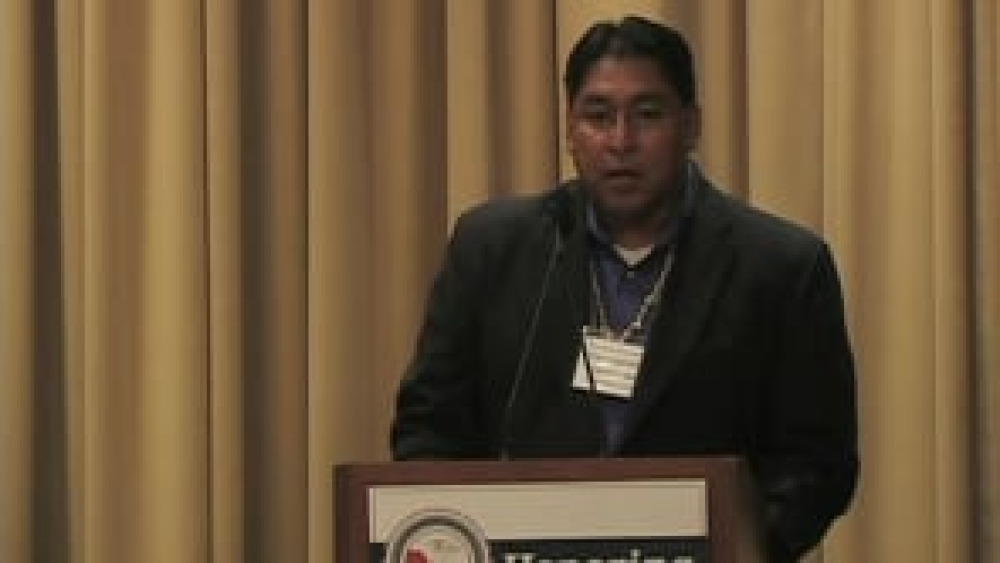
Honoring Nations: Gabriel Lopez: Ak-Chin Community Council Task Force
Ak-Chin Indian Community Council Member Gabriel Lopez discusses why the Community decided to establish the Ak-Chin Community Council Task Force, and shares how the Task Force works to protect the cultural and environmental integrity of the Ak-Chin community, reservation and surrounding lands.
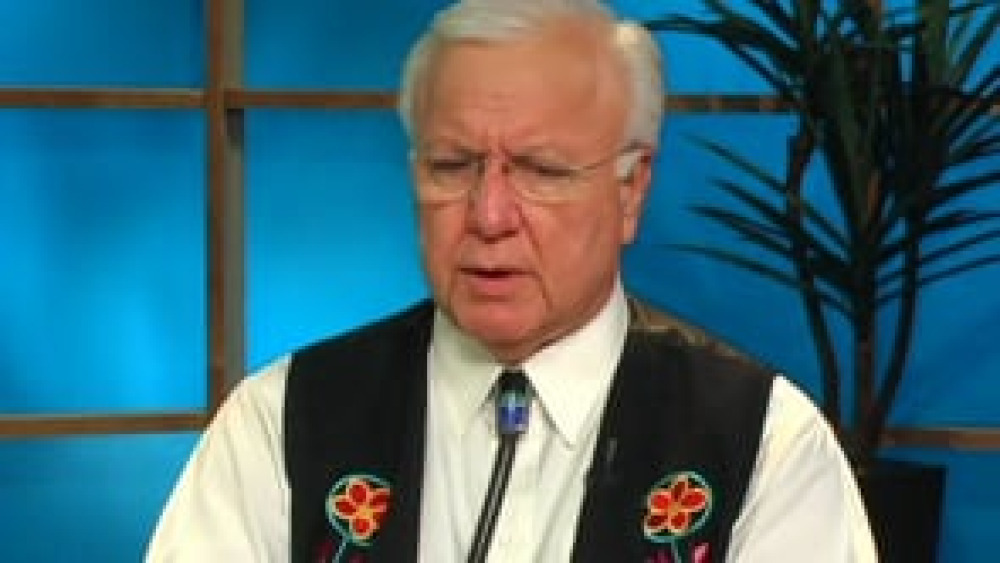
From the Rebuilding Native Nations Course Series: "Why are Some Native Nations More Successful than Others?"
Native leaders offer their perspectives on why some Native nations have proven more successful than others in achieving their economic and community development goals.
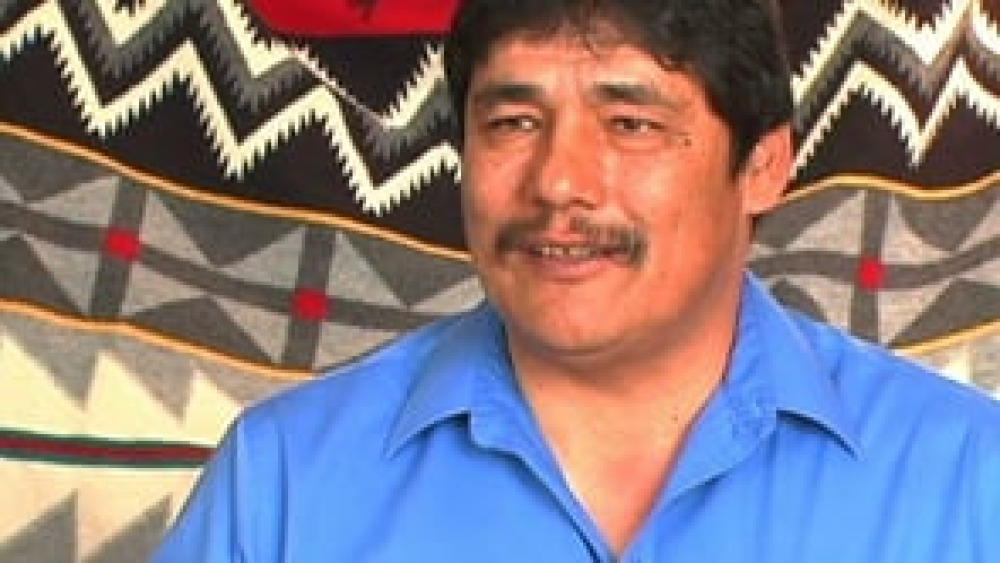
From the Rebuilding Native Nations Course Series: "Constitutions: Reflecting and Enacting Culture and Identity"
Hepsi Barnett, Frank Ettawageshik, Greg Gilham and Donald "Del" Laverdure offer their perspectives on the opportunity that constitutional reform presents Native nations with respect to reintegrating their distinct cultures and identities into their governance systems.
Honoring Nations: Patricia Ninham-Hoeft: Oneida Nation Farms
Patty Ninham-Hoeft, Business Committee Secretary for the Oneida Nation of Wisconsin, discusses the impact of Oneida Nation Farms on the Oneida community and how it is a concrete expression of tribal sovereignty.
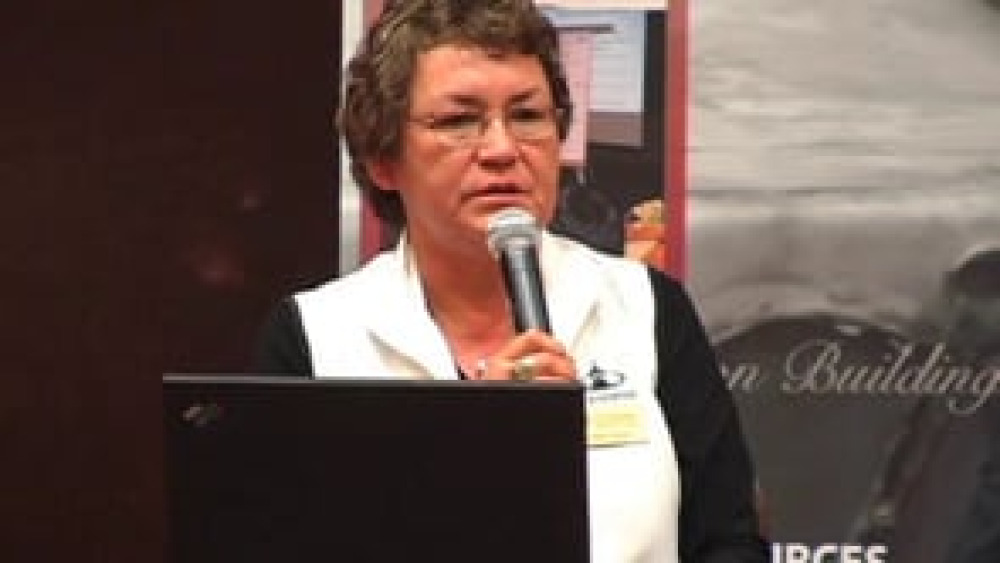
Patricia Ninham-Hoeft, Anthony Pico and Sophie Pierre: What I Wish I Knew Before I Took Office (Q&A)
Patricia Ninham-Hoeft, Sophie Pierre, and Anthony Pico address questions about how to create and maintain a foundation for effective, sustainable leadership within Native nations.
Honoring Nations: Sovereignty Today: Q&A
The 2007 Honoring Nations symposium "Sovereignty Today" panel presenters as well as members of the Honoring Nations Board of Governors field questions from the audience and offer their thoughts on the state of tribal sovereignty today and the challenges that lie ahead.
Honoring Nations: LuAnn Leonard: The Hopi Education Endowment Fund
Hopi Education Endowment Fund Executive Director LuAnn Leonard (Hopi/Tohono O'odham) speaks about the purpose and growth of the Hopi Education Endowment Fund and how the initiative has inspired those HEEF serves to answer the question: What does it mean to be a Hopi?
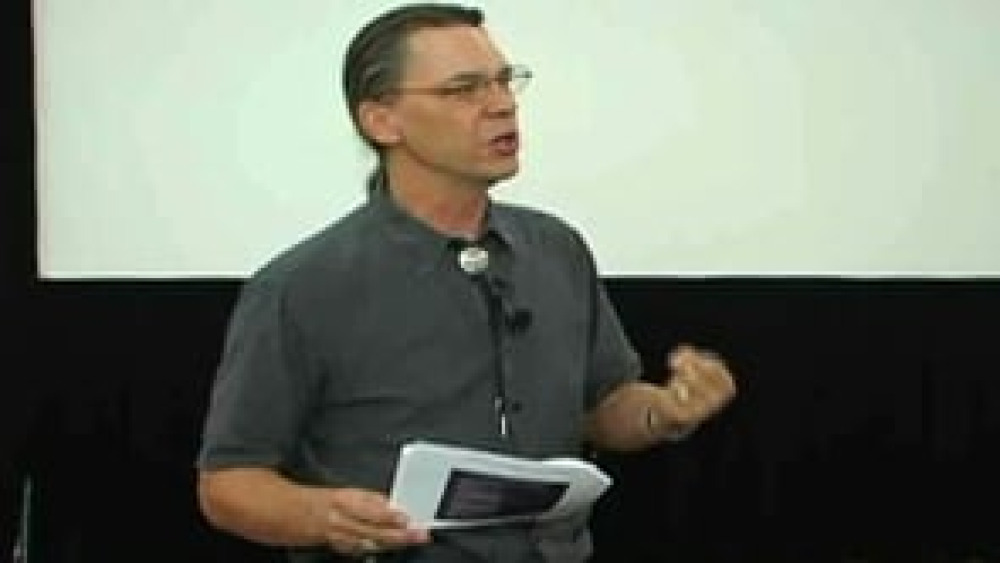
From the Rebuilding Native Nations Course Series: "Justice Systems and Cultural Match"
Professor Robert A. Williams, Jr. argues that Native nations can reintegrate their unique cultures and common law into their governance systems, specifically their systems for resolving disputes and providing justice to their citizens and others.
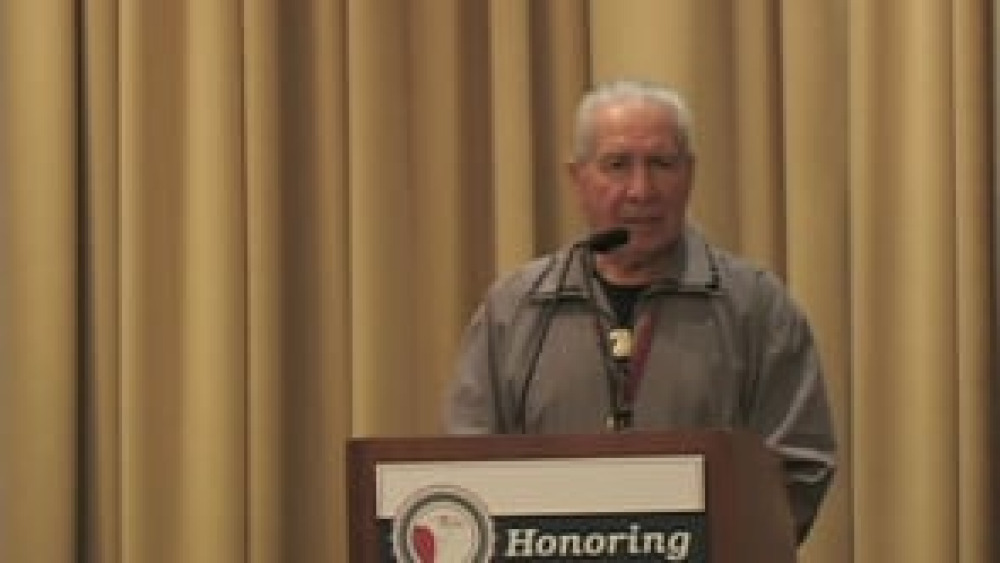
Honoring Nations: Oren Lyons: The Challenges Ahead
Onondaga Chief and Faithkeeper Oren Lyons briefly summarizes the critical, urgent challenges that global warming and resulting climate changes present to Indigenous people and all human beings, and stresses that the principles that traditionally nurtured the relationship between Indigenous peoples…

Honoring Nations: Tony Fish: The Muscogee Creek Nation Reintegration Program
Muscogee Creek Nation Reintegration Program Manager Tony Fish explains how and why his nation developed a prisoner reintegration program that reflects its culture, combats recidivism, and makes for a safer Muscogee Creek community.
Pagination
- First page
- …
- 6
- 7
- 8
- …
- Last page
